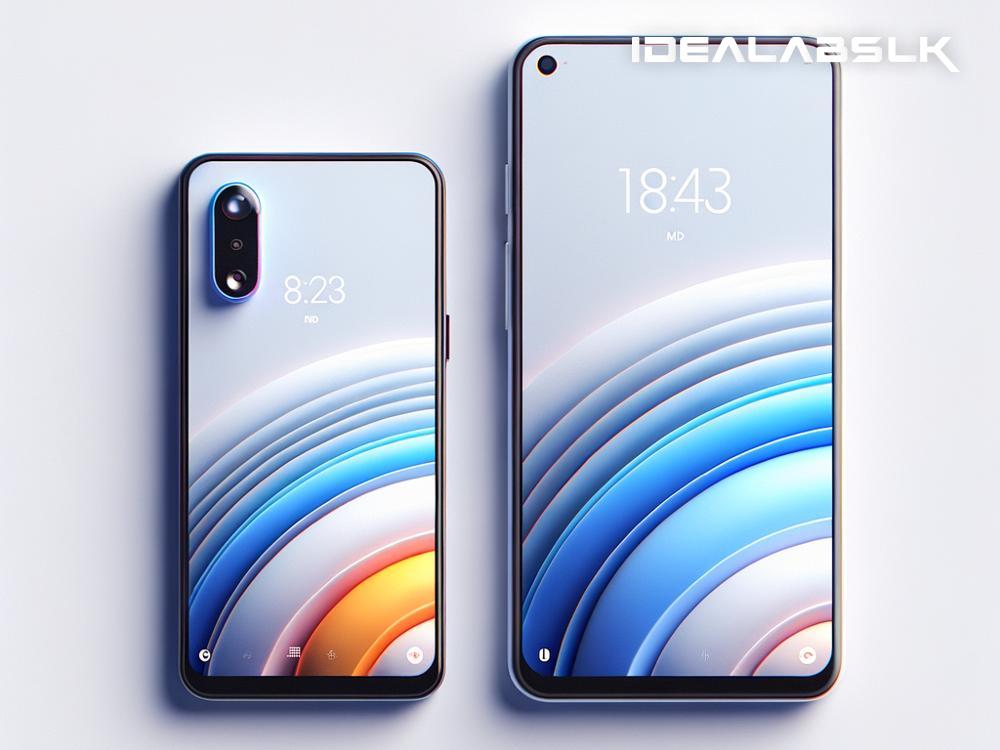Best Compact Smartphones: ASUS Zenfone 11 vs. iPhone Mini 14
In today's smartphone market, while the trend is leaning towards larger screens and bulkier designs, there's still a significant demand for compact smartphones that fit comfortably in the palm of your hand. Two standout options for those who prefer a smaller handset are the ASUS Zenfone 11 and the iPhone Mini 14. Both pack impressive specs into a compact frame, making them leading contenders for anyone looking for a powerful, yet pocket-sized smartphone. Let's dive into a detailed comparison to help you decide which one is the best fit for you.
Design and Build
The ASUS Zenfone 11 continues the brand's tradition of sleek design combined with robust build quality. It sports a minimalist aesthetic with a durable glass back and an aluminum frame, giving it a premium feel. The iPhone Mini 14, on the other hand, sticks to Apple's classic design language with its rounded corners and the iconic notch at the top of the display. Both phones are easy to hold and use with one hand, but the iPhone might edge out for those who prefer a more familiar design aesthetic.
Display
When it comes to the display, both phones offer stunning visuals despite their smaller sizes. The Zenfone 11 boasts a 5.9-inch Super AMOLED panel with a resolution of 1080 x 2400 pixels, offering vibrant colors and deep blacks. The iPhone Mini 14 comes with a slightly smaller 5.4-inch Super Retina XDR OLED display, but it doesn't compromise on picture quality, producing crisp, clear images with excellent contrast. Both screens are fantastic for media consumption and gaming, making them great options for a compact smartphone.
Performance
Under the hood, both smartphones pack a punch. The ASUS Zenfone 11 is powered by the Snapdragon 888 processor, paired with 8GB of RAM, making it incredibly fast and efficient for multitasking and gaming. The iPhone Mini 14, equipped with Apple's latest A15 Bionic chip, offers unmatched performance in its size category, effortlessly handling any task you throw at it. Whether you're into gaming or need a device that can keep up with your busy lifestyle, both phones are up to the challenge.
Camera
For photography enthusiasts, both the Zenfone 11 and iPhone Mini 14 offer impressive camera systems. The Zenfone 11 features a triple-lens setup with a 64MP main camera, providing detailed and vibrant photos in various lighting conditions. It also comes with ultra-wide and macro lenses for creative shot composition. The iPhone Mini 14, while only having a dual-camera setup, doesn't lag behind. Its 12MP main camera, along with Apple's computational photography advancements, delivers stunning images. Both phones also offer a range of photography modes and features, making them great for capturing memories on the go.
Battery and Charging
Compact smartphones often face scrutiny over their battery life, but both ASUS and Apple have made considerable efforts to address this concern. The Zenfone 11 comes with a 4000mAh battery, which can comfortably get you through a day of moderate usage, while the iPhone Mini 14, with its efficient A15 chip, also promises all-day battery life despite its smaller battery size. Both devices support fast charging, so you can quickly top up the battery when needed.
Software and Ecosystem
Choosing between an ASUS Zenfone and an iPhone often boils down to your preference between Android and iOS ecosystems. The Zenfone 11 runs on Android 11 with ASUS's custom ZenUI overlay, offering a customizable and user-friendly experience. The iPhone Mini 14 runs on iOS 15, known for its simplicity, efficiency, and the seamless integration with other Apple products. If you're already invested in either ecosystem, that might sway your decision.
Conclusion
The ASUS Zenfone 11 and iPhone Mini 14 are both excellent choices for anyone looking for a powerful, compact smartphone. The Zenfone 11 might appeal more to those who prefer Android's customization options and value the additional camera features. On the other hand, the iPhone Mini 14 might be the go-to for Apple enthusiasts and those who prioritize software updates and ecosystem integration. Whichever you choose, you're getting a device that doesn't compromise on performance or features, proving that good things indeed come in small packages.

